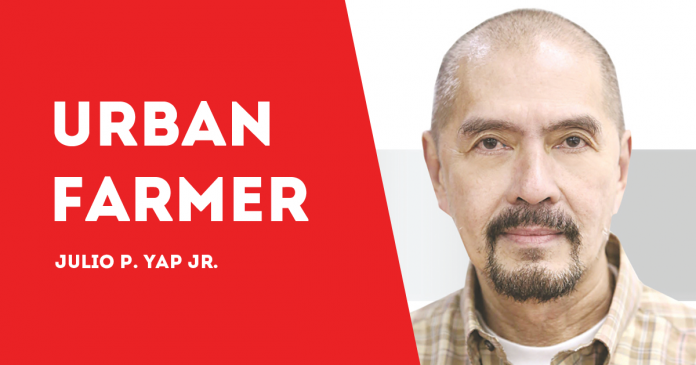
SINCE food is the concern of everyone, we all have a responsibility to make sure that healthy and affordable food products can be accessed by everybody.
This is basically the point of “Kadiwa ni Ani at Kita” of the Department of Agriculture (DA), which is a market system that allows selling of agricultural goods at reasonably low prices to help poor Filipino households.
Kadiwa is translated as “one idea, one thought” which is in consonance with DA’s Secretary Wlliam Dar’s “New Thinking” for agriculture paradigm.
This project is intended to establish a direct link between the farmers/fisherfolk and the consuming public.
“Through Kadiwa, we can be sure that farmers get the best prices for their goods, while providing affordable, safe, and nutritious food to the consumers,” Dar said.
This marketing system has proven its worth following the COVID-19 pandemic.
“Let’s exert strong efforts to prioritize our marginalized citizens who have limited access to food, much less afford it. No one should be left behind in our war against hunger and COVID-19 pandemic,” Dar said.
Kadiwa ni Ani at Kita did not only address the difficulty of the farmers but as well as the marginalized sector, at the same time supporting the programs of government in addressing issues brought about by the COVID-19 pandemic, like providing affordable supply of healthy food products.
“With these efforts, the citizenry can help alleviate the spread of COVID-19 better. This is the proper time to focus more on prevention than in reaction,” says Ramon Uy Sr. of the private sector.
This is the right time to institutionalize “Kadiwa ni Ani at Kita” to become part of our culture and social system, which will benefit the consumers, particularly the small farmers, he stressed.
Among the prominent supporters to institutionalize the system is Department of Science and Technology (DOST) Region-2 Director Sancho Mabborang who says this will likewise benefit the food processors assisted by DOST and the Department of Trade.
It can be noted that the DOST has been providing both technical and financial support to the MSMEs in the regions and in the process was able to empower them to come up with different food products that pass international standards that are highly in demand locally and abroad.
While food safety has been a critical issue in the country, the DOST’s Philippine Council for Agriculture, Aquatic and Natural Resources Research and Development (PCAARRD) has been supporting its various commodity stakeholders to make food safety possible, and affordable.
“Quality food products can be sustained through good quality materials from farmers. This can be done through proactive government collaboration with the private sector and the producers,” DOST-PCAARD says.
“Kadiwa could be the first step in redirecting the food chain, where farm to table would mean farmers to consumers, and excess commodities will be redirected to community-based value-adding facilities,” Uy says.
Kadiwa can become the key in solving the farmers’ long overdue predicaments, and eventually transform them from being the marginalized sector to become middle class members of society./PN


